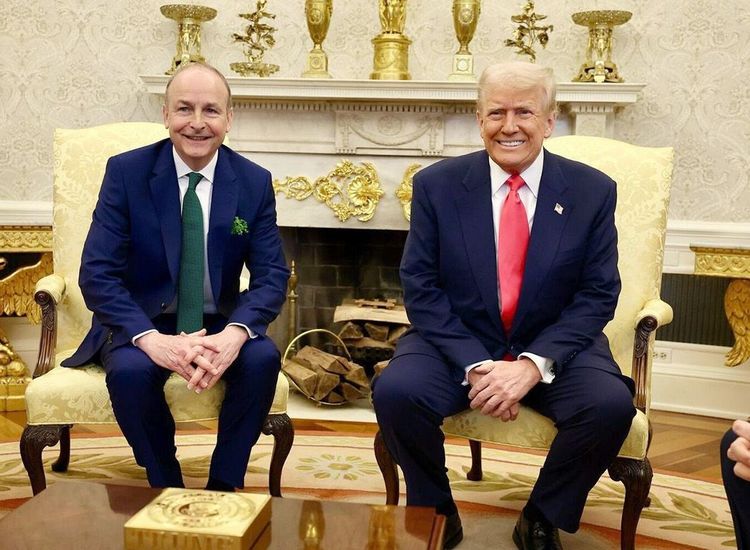By Orla O'Sullivan
Freud said the Irish were “one race of people for whom psychoanalysis is of no use whatsoever.”
Nonetheless, Irish-American Alison Fraser is drawn to analysis. In the upcoming play “Love Therapy” the Tony-nominated actress plays an Irish woman whose path collides with a young therapist, while in real life she has written a thesis analyzing what she describes as casual racism towards the Irish.
Why, over the centuries, have Freud and others of his ilk, felt free to dispense, “socially acceptable anti-Irish rhetoric.” Fraser asks in her 2010 BA in English Literature thesis from Fordham University, “No Irish Need Apply.”
Fraser’s questionable argument is that “[T]he blame starts with… Gerald of Wales… a pro-Norman churchman… in the late 12th century.”
Maybe it’s simply that the victors write history and the Irish were in the shadow of the colonizers, whether next door to Britain or on arrival to the WASP-dominated U.S.
Fraser’s wide-ranging discussion comes into its own when she focuses a relative prominent in New York theater circles of the 19th century, partly because he did his best to “pass” as British.
Lawrence Barrett, born in Patterson, N.J., in 1838, changed his name from Brannigan, which itself was modified from Branagan, the Irish name of the Natick, Mass., branch of the family from which Fraser hails.
Barrett was manager of the most famous actor of the day, Edwin Booth, and photos of the two of them can be seen in Booth’s former home, now the Players Club in Manhattan’s Gramercy Park. Edwin’s even more famous brother President Lincoln’s assassin, John Wilkes Booth is also photographed.
Try though he might to distance himself from his roots, Barrett still found himself tarnished by his “Celtic temperament” in the press. (He was also, one could say, literally erased from history. When a once prominent painting of him was sold by the Players Club in recent times it was not replaced by a copy – unlike other original portraits sold, Fraser notes.)
Another tidbit is that an old theater superstition—not to utter “Macbeth” within the theater—came from the Irish. Fraser tells how ethnic tensions came to a head in The Astor Place Riot of 1849, when 10,000 Irish men rioted at a performance of “Macbeth” by an English actor, killing 31 people.
Fraser’s direct experience of the Macbeth curse came while she was performing in “Gypsy” on Broadway. Many inexplicable ills befell the production after author-director Arthur Laurents uttered “Macbeth,” Fraser said, and Patti Lupone, who was hit by falling lights, had to prevail on him to do as superstition dictates to lift the curse. (FYI, that’s run outside the theatre, spin three times, spit, swear, and ask permission to be let back in.)
Her latest play, “Love Therapy,” opens on April 29th at the DR2 Theatre, 101 East 15th St., NYC.








